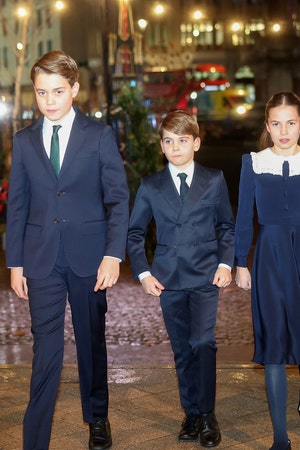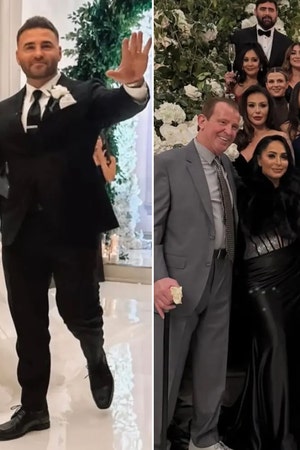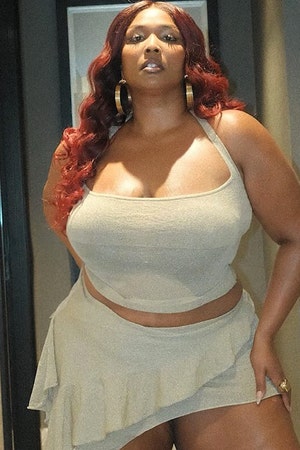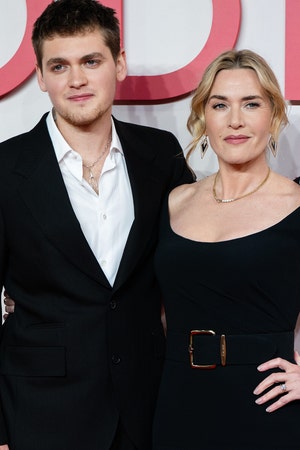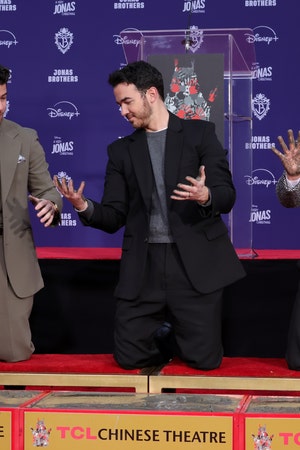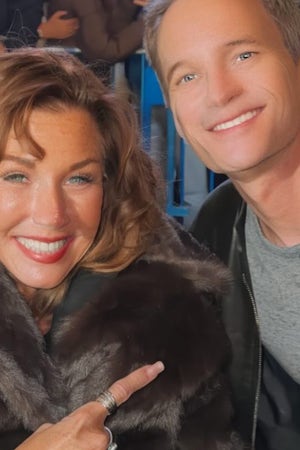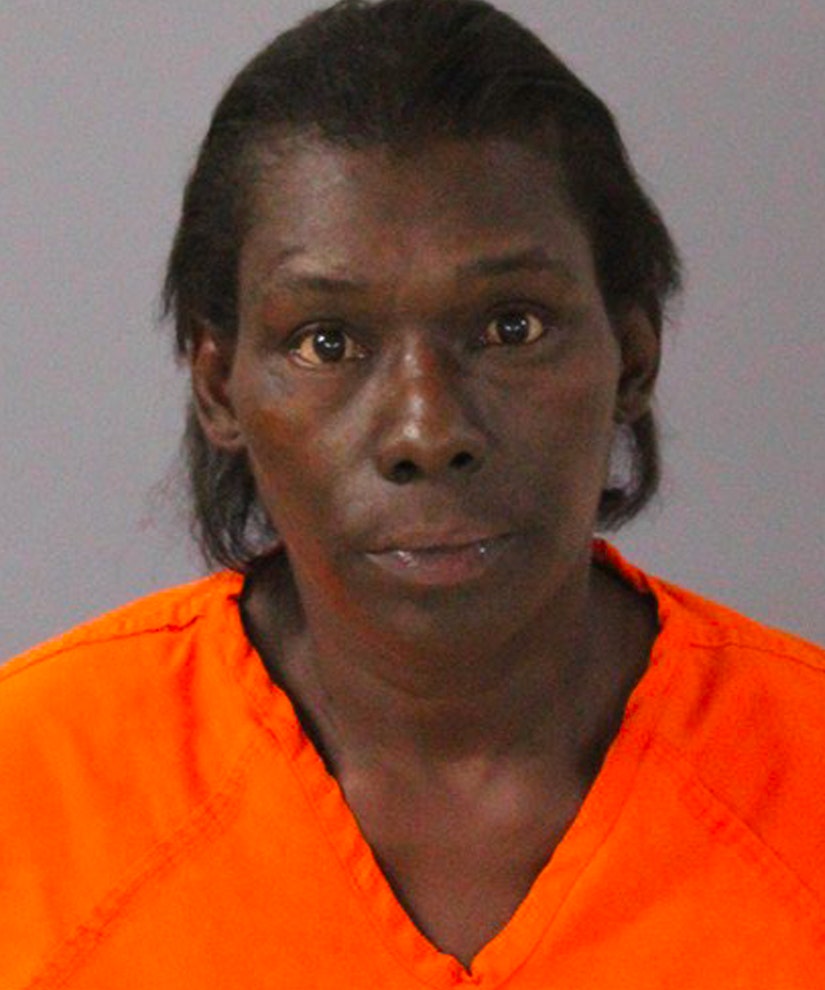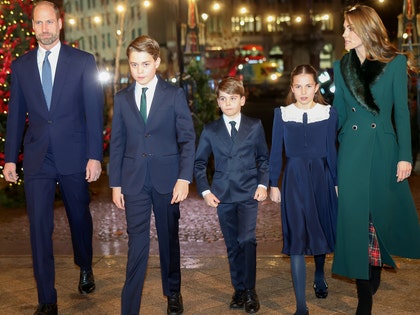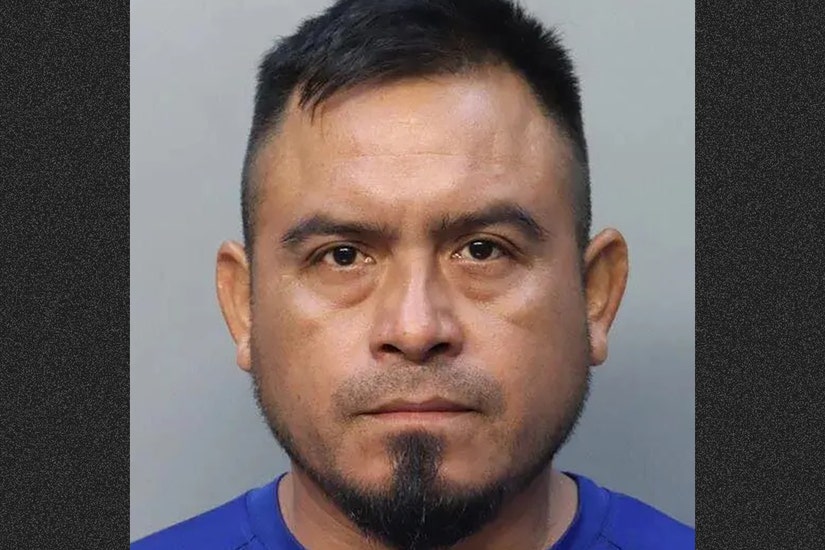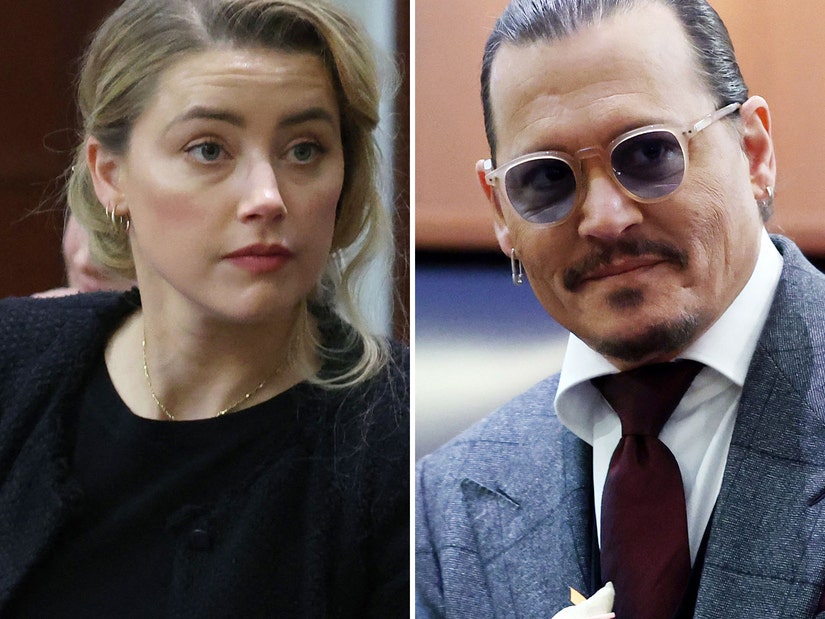 Getty
Getty
The ACLU allegedly wrote most of the piece, which is at the center of Depp's defamation case and was purposefully timed with the release of "Aquaman."
How the Washington Post op-ed at the center of Johnny Depp's defamation case against ex-wife Amber Heard came to be was discussed in detail on Thursday, as the two continued to face off in court.
Depp is seeking $50 million in damages after Heard claimed she was a survivor of domestic abuse in the 2018 article. While she didn't name Depp in the piece, his lawyers argue it was implied to be about him and negatively affected his career. She countersued Depp for $100 million.
Appearing via a video deposition, Terrence Dougherty, Chief Operating Officer of the American Civil Liberties Union, was asked how they pitched the idea to Heard, who became an ambassador for the organization after vowing to donate $3.5 million of her settlement money to the cause. For more on the discrepancies over said donation, click here.
Dougherty was asked about a series of communications between the ACLU and Heard's team about possibly writing an op-ed about gender based violence. In the e-mails, the ACLU reached out to Heard first, seeing whether she would be interested in doing a piece about how survivors "have been made less safe under the Trump administration." Dougherty told Depp's lawyers they didn't "force" her to talk about her own personal experiences, leaving that up to her own discretion.
 Getty
Getty
ACLU Believes Elon Musk Paid $500,000 In Charity Donations In Amber Heard's Name
View StoryThere were also a number of e-mails shown revolving around the drafting of the op-ed, which showed Heard met with the ACLU's Jessica Weitz to discuss the piece. Following their meeting, Weitz indicated that the ACLU would write the first draft of the op-ed in question.
"Often a decision has to be made working with ambassadors or other people who are speaking to the public, who does the first draft of the document," explained Dougherty. "It sounds here that from Jess' conversation with Amber, we are moving over with some kind of an op-ed and ACLU's communications department staff members would be writing the first draft of it."
The draft was written by the ACLU's Robin Shulman, who then sent Heard a note reading, "I tried to gather your fire and rage and really interesting analysis and shape that into an op-ed form ... I hope it sounds true to you." As for the "fire and rage," Dougherty said he believed she was referring to Heard's "passion for working on gender based violence issues" and not against Depp himself.
The ACLU's Jessica Weitz forwarded a draft of the piece to Heard, with a note asking her to run it past her legal team to clear "the way I skirted around talking about your marriage" -- adding, "I want to make sure nothing was said in here that puts you in jeopardy with your NDA." The draft went through quite a few approvals before being sent to Heard, including being sent to the National Legal Director of the ACLU.
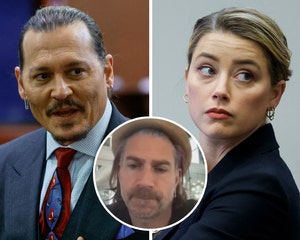 Getty
Getty
Johnny Depp's Ex-Agent Says Amber Heard Accusations Cost Actor Pirates 6 Role, Wasn't In Love with Elon Musk
View StoryThere were also apparently numerous correspondences about suggested edits, with Heard's legal team -- and seemingly Shulman too -- hoping to cut references to marriage, divorce and, more explicitly, Heard's restraining order against Depp. Dougherty confessed some at the ACLU believed those cuts "made the op-ed less impactful," with Weitz complaining in an email that the edits "neutered much of the copy regarding her marriage and domestic violence." Heard even pushed to get those edits "artfully" put back into the piece, but indicated she'd be okay if it wasn't possible.
In the end, those references remained out of the final piece, which both the ACLU and Heard agreed should be published following the release of "Aquaman," to capitalize on exposure. After it was published in the Washington Post, other outlets began linking Heard's comments in it to Depp.
When speaking with Heard's team about the communications between the ACLU and Heard's team, Dougherty said he believed Heard relied on her counsel's advice for all edits -- before her lawyer reiterated that the idea and topics for the op-ed came from the ACLU, not Heard herself.
The actor has already lost an earlier lawsuit he took in the UK over the same article that appeared in The Sun. The trial is expected to last six weeks. See more coverage of the ongoing trial here.
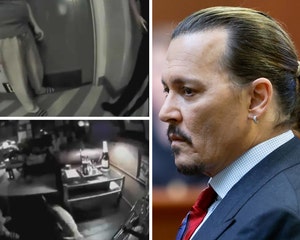 Getty / Twitter
Getty / Twitter


